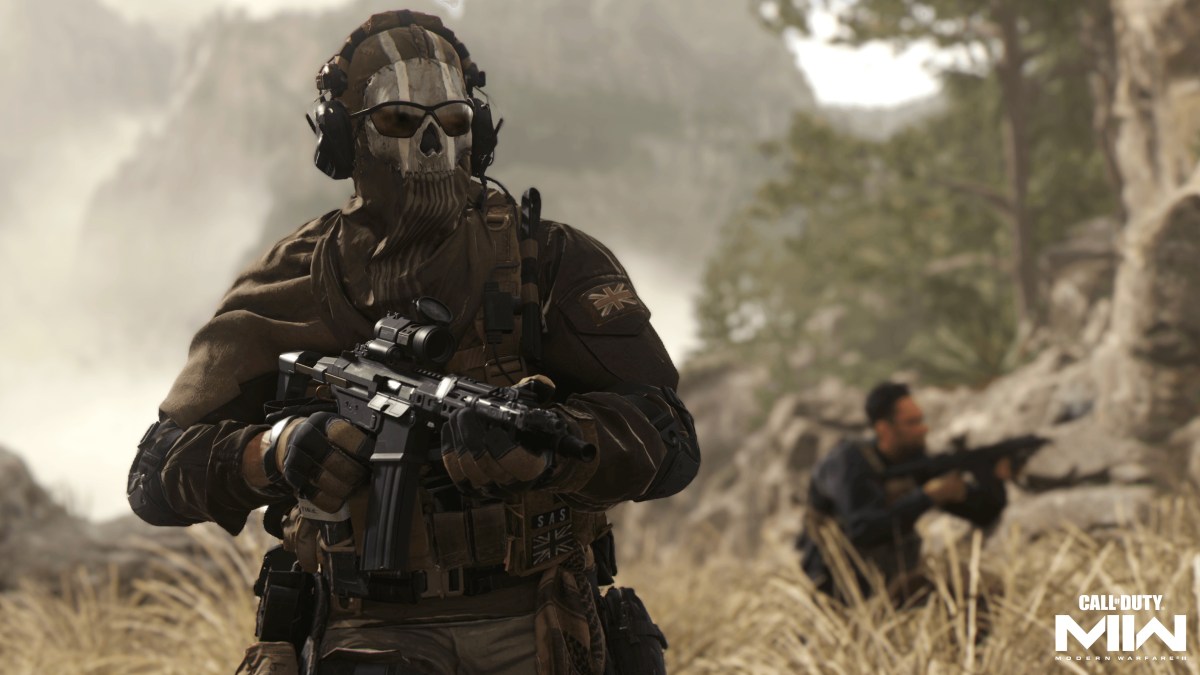Families of Uvalde shooting victims sue Activision and Meta
The families of victims of the shooting at Robb Elementary School in Uvalde, Texas are suing Activision and Meta, as well as gun manufacturer Daniel Defense.
The families bringing the lawsuits are represented by attorney Josh Koskoff, who previously won a settlement from Remington for the families of Sandy Hook shooting victims. The suit against the technology companies claims, “Over the last 15 years, two of America’s largest technology companies … have collaborated with the firearms industry in a scheme that makes the Joe Camel campaign look laughably harmless, even quaint.”
Specifically, the suit points to Activision’s popular “Call of Duty” video game franchise, which it describes as a “cunning form of marketing [that] has helped cultivate a new, youthful consumer base for the AR-15 assault rifle,” and to Instagram, the photo app owned by Meta, which the suit claims “knowingly promulgates flimsy, easily circumvented rules that ostensibly prohibit firearm advertising; in fact, these rules function as a playbook for the gun industry.”
In a statement, Activision expressed sympathy for the families but said, “Millions of people around the world enjoy video games without turning to horrific acts.” We’ve reached out to Activision and Meta for additional comment.
In the lawsuit’s telling, the Uvalde shooter was a “Call of Duty: Modern Warfare” player, and he was also targeted by Daniel Defense’s advertising on Instagram. (Meta bans gun sales on its platforms, but The Washington Post previously reported that the company gives gun sellers 10 strikes before booting them.)
“Defendants are chewing up alienated teenage boys and spitting out mass shooters,” the lawsuit argues.
Politicians continue to debate whether video games promote gun violence. A recent review by the Stanford Brainstorm Lab looked at 82 medical research articles on the topic and concluded, “current medical research and scholarship have not found any causal link between playing video games and gun violence in real life.”




